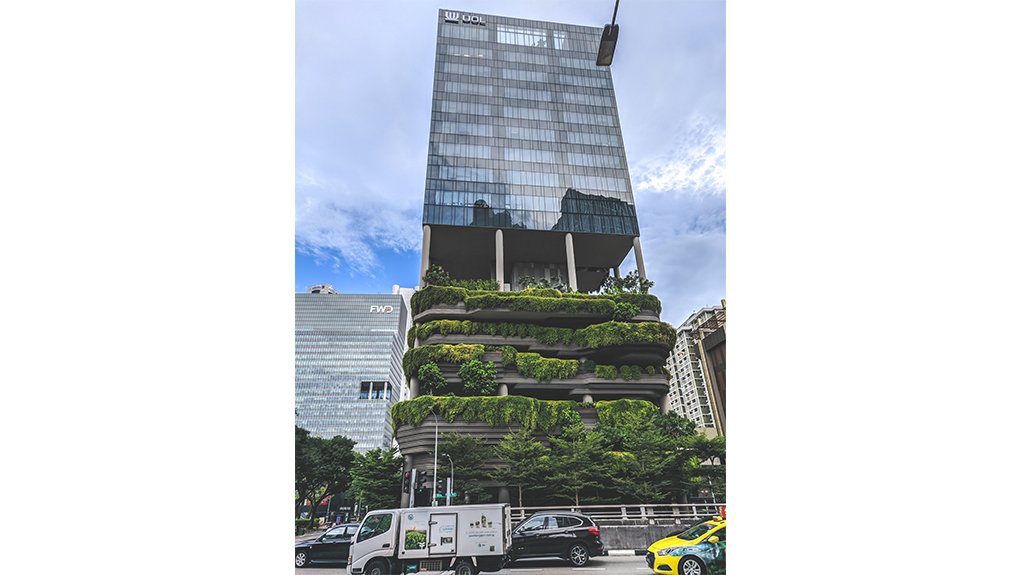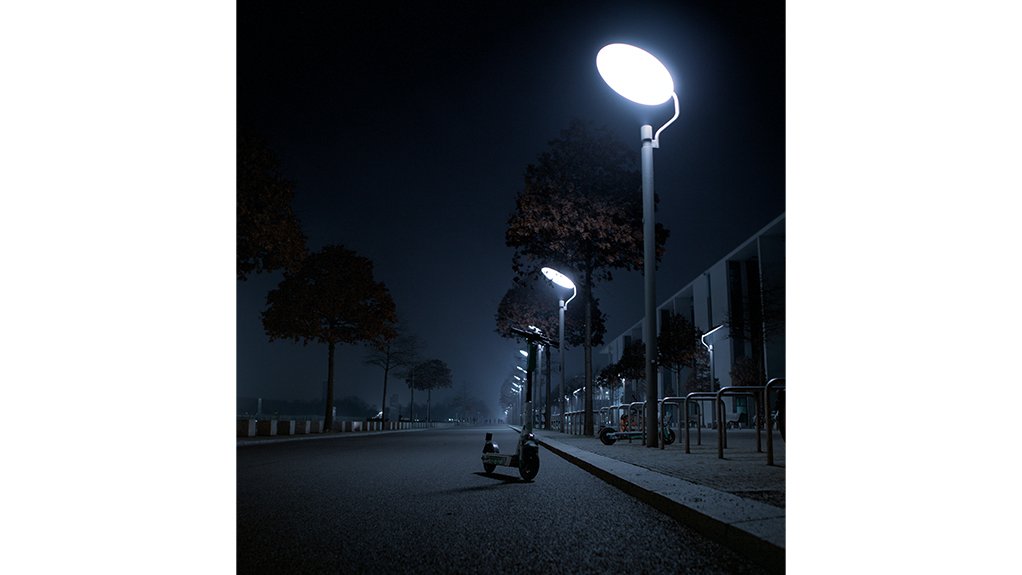With a commitment to zero-defect manufacturing and an adherence to the European Union Ecodesign Directive – which establishes ecological-design (eco-design) requirements for energy-related products – technology provider Omron aims to contribute to a cleaner environment while maximising long-term value.
In the pursuit of sustainable development and corporate responsibility, companies are increasingly embracing environment-friendly practices, one of which is Omron’s zero-defect concept.They note that, by following dictates, such as the zero-defect concept and the Ecodesign Directive, products are proactively designed to “have a positive impact in terms of energy efficiency and resource conservation”.
The concept ensures that all electrical assemblies and components are subjected to comprehensive individual inspections after manufacturing which, “guarantees high-quality products and supports the Ecodesign Directive”, Omron robotisation solutions coordinator Everett Janse van Vuuren and vision field application engineer Christiaan Kruger say.
During the trial period, which is product dependent and takes place before commercialisation, Omron examines the impact of its products and adopts new product-specific regulations or implements measures to meet eco-design requirements. The company remains vigilant in monitoring the development of these measures and takes necessary actions, such as changes to the design and manufacturing of said product, as and when required.
Janse van Vuuren and Kruger say sustainability is no longer a niche topic but has become an integral part of companies’ business strategies.
“Sustainability practices are essential to meet the changing demands of consumers, the marketplace and governments. Additionally, these practices are now considered a competitive advantage. By reducing energy consumption and waste, companies can use resources more efficiently.”
They add that sustainability practices play a crucial role in attracting and retaining customers, as well as creating new market opportunities, while improving manufacturing agility, and enabling companies to adapt to fluctuating demand and the increasing need for personalisation.
However, operational excellence requires reliable, safe and high-quality manufacturing.
“Manufacturers must predict problems in their production lines better than ever to avoid production stoppages or quality issues. In this context, artificial intelligence (AI) is a key technology, with advanced predictive maintenance solutions for machines, as well as production lines,” Janse van Vuuren and Kruger add.
They note that powerful AI controllers operating at the edge of the machine, together with smart sensors integrated into the production lines, can react in real time to potential issues on the machine.
“As such, AI along the manufacturing chain, with predictive maintenance and process control, helps to make manufacturing processes more sustainable, extend machine life span and optimise resources.”
Zero-Defect Goal
Omron’s goal is to use its zero-defect approach and its AI-enabled solutions to help green building suppliers and developers, particularly in the field of e-mobility in smart cities.
“E-mobility is progressing, so more advanced battery technologies are being developed to increase the reliability, safety and operation of autonomous vehicles,” Janse van Vuuren and Kruger comment.
They cite, for example, the transition away from the widely used cylindrical cells in conventional batteries in which the active layers are wrapped around the inner electrode, to pouch cells, where the stacked layers are enclosed by a flexible outer foil, usually made of aluminium.
These pouch batteries meet some of the most important current requirements for the automotive industry such as being easier to install in vehicles because of their flat and more flexible shape.
“This, in turn, places special demands on production. Manufacturers are, therefore, turning to production processes supported by AI to optimise machine efficiency and ensure zero-defect production,” Janse van Vuuren and Kruger note.
Omron’s AI, sensing, control, security and robotics solutions support the reliable, sustainable and high-quality production of pouch batteries.
“We support manufacturers with self-contained battery cell inspection solutions that are fully integrated into the line, as well as solutions for electrode and battery module manufacturing,” they say, adding that Omron’s solutions can help to streamline leak and vacuum testing, as well as provide end-to-end traceability throughout the lifetime of the battery cell.
“Here, automation solutions with AI can fulfil all customer requirements for product quality and predictive maintenance, helping manufacturers achieve their sustainability goals.”
They add that more flexibility to adapt to changing requirements can be achieved using innovative automation solutions that also ensure quality and reduce waste, consequently promoting sustainability.
This feeds into Omron’s environmental protection concept, Green Omron 21, which aims to contribute to the sustainable development of society while maximising the company’s value-add in the long term.
“Omron recognises that factory automation plays a crucial role in energy management. Thus, we actively promote the use of renewable-energy resources, such as power inverters and battery systems, to reduce carbon-dioxide emissions and create a cleaner environment,” Janse van Vuuren and Kruger state.
Omron’s commitment to zero-defect manufacturing, eco-design directives and sustainable solutions demonstrates its dedication to advancing green building and industries, they add, noting that, through its initiatives, the company “sets an example for companies to integrate sustainability practices into their business strategies, resulting in a greener future for all”.
Edited by: Nadine James
Features Deputy Editor
EMAIL THIS ARTICLE SAVE THIS ARTICLE
ARTICLE ENQUIRY
To subscribe email subscriptions@creamermedia.co.za or click here
To advertise email advertising@creamermedia.co.za or click here















